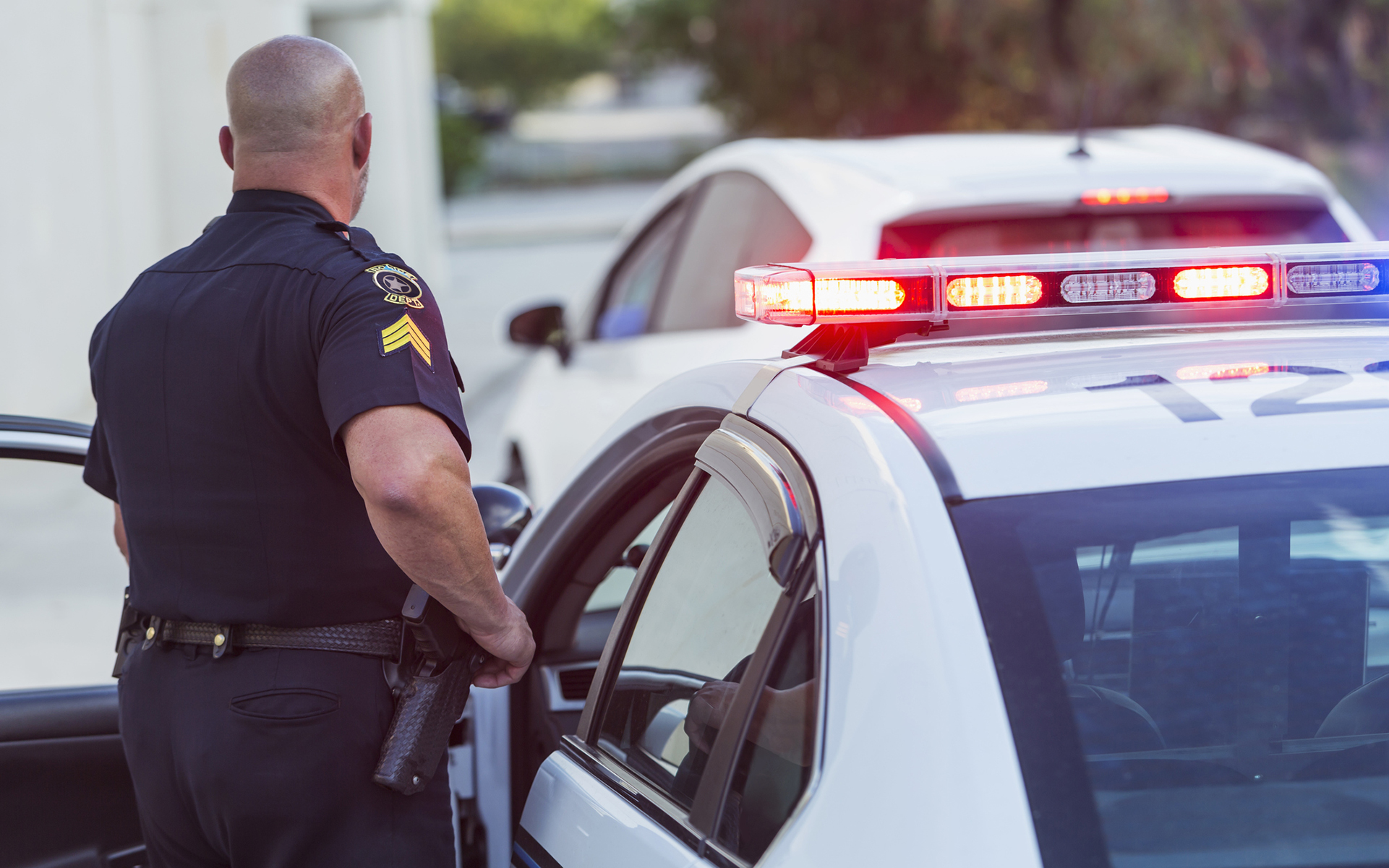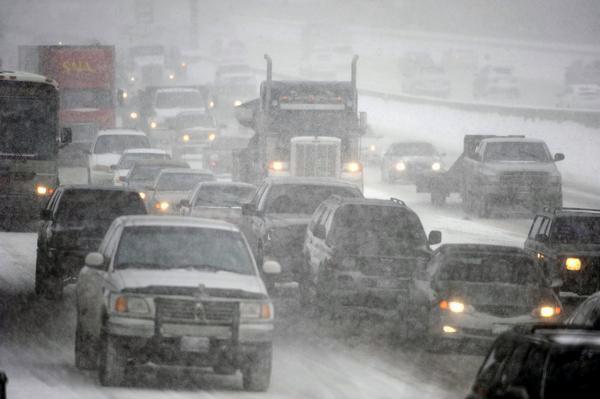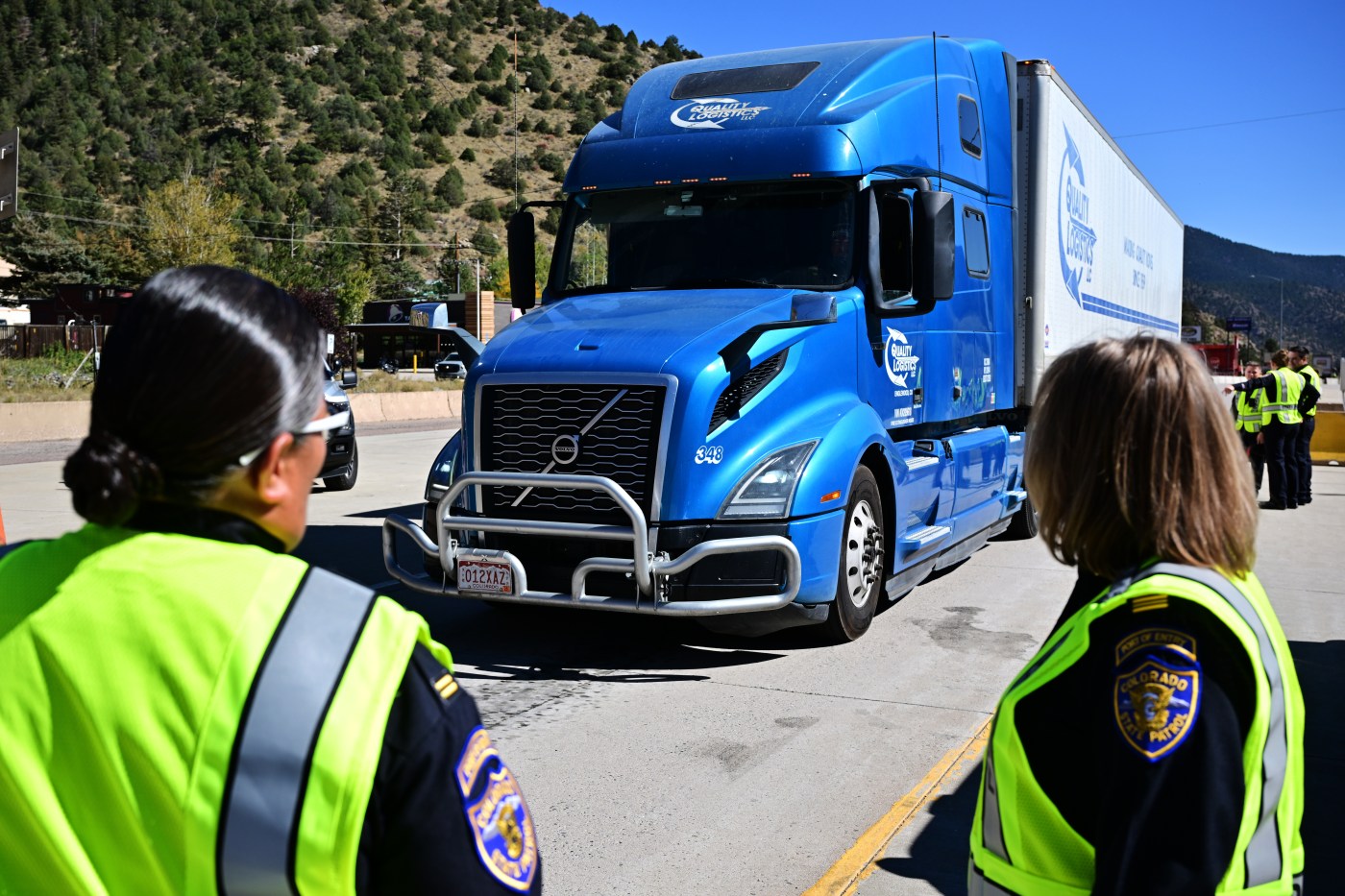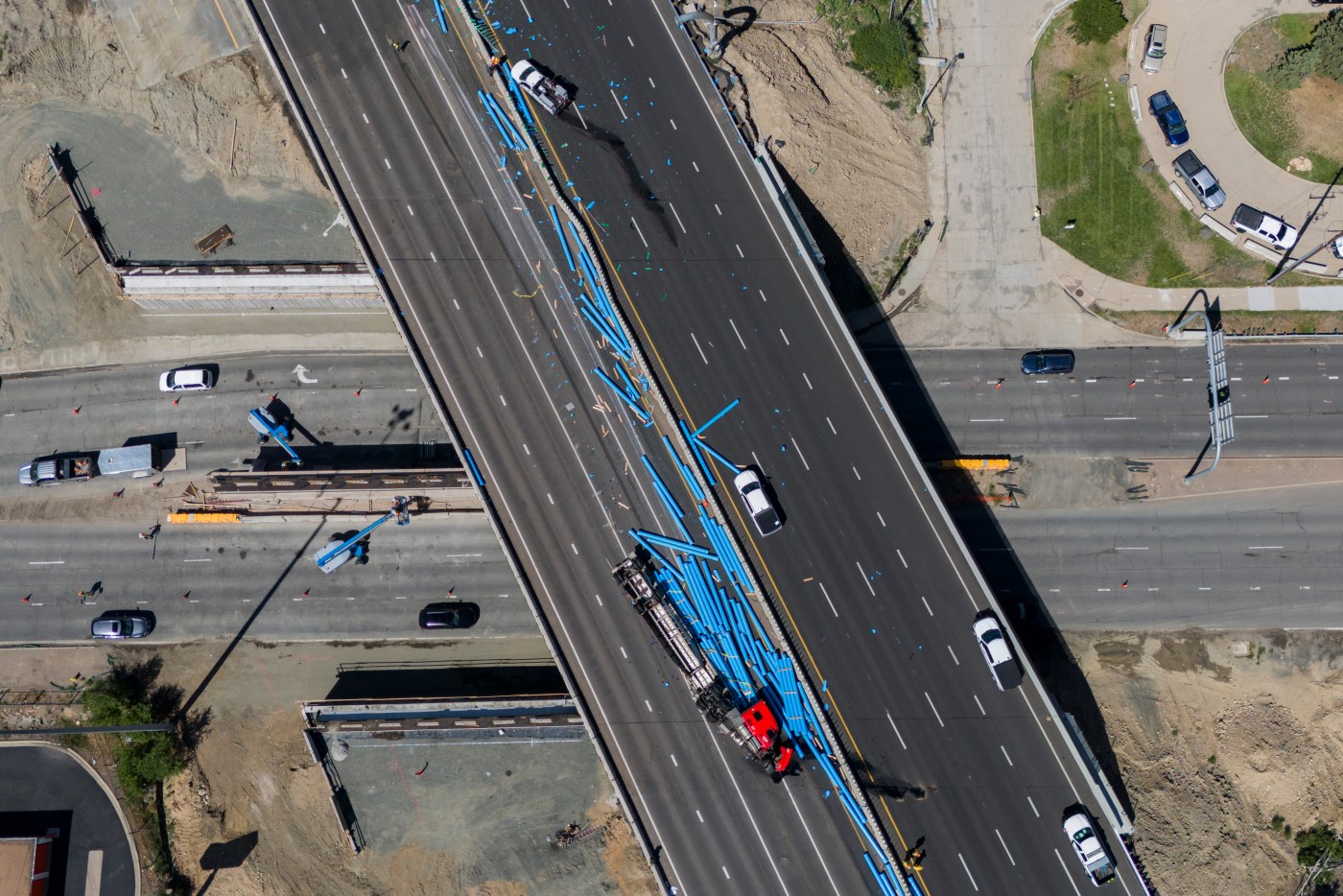A recent statistical analysis from the publication Quartz Advisors found that traffic fatalities declined or remained constant after states adopted recreational cannabis laws. The analysis—focused on four states that legalized marijuana in 2016—compared accident fatalities in those states with the national average, as well as with five states where cannabis remained illegal.
In contrast to the narrative that legalization may lead to increased dangers on the road, researchers found that in the three years following legalization, traffic fatalities did not increase.
Could cannabis legalization increase fatal accidents?
As advocates push to reschedule, decriminalize, or legalize cannabis, their opponents frequently claim that more legal cannabis will lead to more fatalities on the road. Research has shown, however, that cannabis can mildly impair driving ability, especially for individuals who aren’t regular cannabis users.
Still, research has not conclusively tied legalization to increases in fatal accidents. The statistical analysis from Quartz Advisors—a business advisory group that provides evidence-based analyses—investigated whether this worry is grounded in any real data.
… they examined four states which all fully legalized cannabis in 2016: California, Maine, Massachusetts, and Nevada.
Using data on fatal car crashes in the US sourced from the National Safety Council, Quartz researchers looked for a positive correlation between those numbers and cannabis legalization. To do this, they examined four states which all fully legalized cannabis in 2016: California, Maine, Massachusetts, and Nevada. They then compared traffic fatalities in these states with both the national average and with five states where cannabis remained illegal after 2016: Idaho, Indiana, Kansas, Nebraska, and Wyoming.
Related
Taking Drugged Driving Seriously: What Does the Science Say?
At first glance, an increased fatality risk
Initially, it seemed like Quartz had discovered evidence that would bolster claims made by opponents of legalization. Between 2016 and 2021, researchers found a 6% increase in vehicular deaths in the states with legal cannabis, compared with a 0.7% decrease in the states where cannabis remained illegal.
But after they controlled for anomalies that occurred during the first two years of the COVID pandemic—2020 and 2021—they realized that the data painted a radically different picture.

2020 and 2021 were strange years for all kinds of data. The pandemic shifted our normal patterns and changed many aspects of daily life; we have to account for how it skewed comparative data. That’s certainly the case for traffic fatalities, which spiked 18.9% throughout the US during these years. Due to this irregularity, Quartz researchers decided to look at the three years following legalization separate from COVID-impacted numbers.
As a result, the data looked starkly different. None of the four states that had legalized cannabis saw an increase in vehicular deaths during this time. In fact, traffic fatalities in these states fell by an average of 11.6% in the three years following legalization. Maine showed no change after legalization, while Massachusetts saw the largest reduction in fatalities: 28.9% fewer vehicular deaths.
Shop highly rated dispensaries near you
Showing you dispensaries near
That number marked a larger reduction than the national average of a 10.6% reduction during that time. Significantly, the states that didn’t legalize saw a 1.7% increase in vehicular deaths during the same period.

Cannabis legalization didn’t increase fatal accidents…but that’s not a license to drive under the influence
While this data does not support the assumption that legal cannabis will increase driving fatalities, it is also limited in its scope: It does not take into account all the states which have introduced legal cannabis, and it only accounts for the three years immediately following legalization.
Its conclusions nonetheless track with other, broader research studies, like this 2022 Canadian report aimed at informing the insurance industry. That report found no reason to shift the models that insurance companies use for predicting traffic accidents after decriminalization occurs, and no statistically significant changes in Canada or in US states that legalized cannabis.
Lastly, we cannot stress enough that this data does not suggest that driving under the influence of cannabis is safe. Many studies have found that cannabis can impair your driving ability (although some studies have also found that cannabis impairment tends to induce less risk-taking behavior, unlike alcohol).
People under the influence of cannabis may drive slower and keep a distance from other cars—even if it impairs their coordination and visual functions. This may reduce the likelihood of dangerous crashes under cannabis’ influence. Alcohol, on the other hand, despite being fully legal in the US, remains a factor in nearly one third of all driving fatalities.
The authors of this analysis framed their conclusion in the plainest terms: Among the possible concerns offered for keeping cannabis illegal, they wrote, “the effect that legal marijuana could have on traffic safety should not be one of those concerns.”
So what did cause those road fatalities during COVID?
Speeding. According to Reuters, “As US roads became less crowded during the pandemic, some motorists perceived police as less likely to issue tickets, experts said, likely resulting in riskier behavior on the roads.”
The National Highway Transportation Safety Administration (NHTSA) reported in 2023 that speeding caused nearly 1 in 3 road deaths, and hit a 14-year-high in 2021. Take it slow out there, this holiday season, Leafly Nation. Better to arrive late than not at all.





































